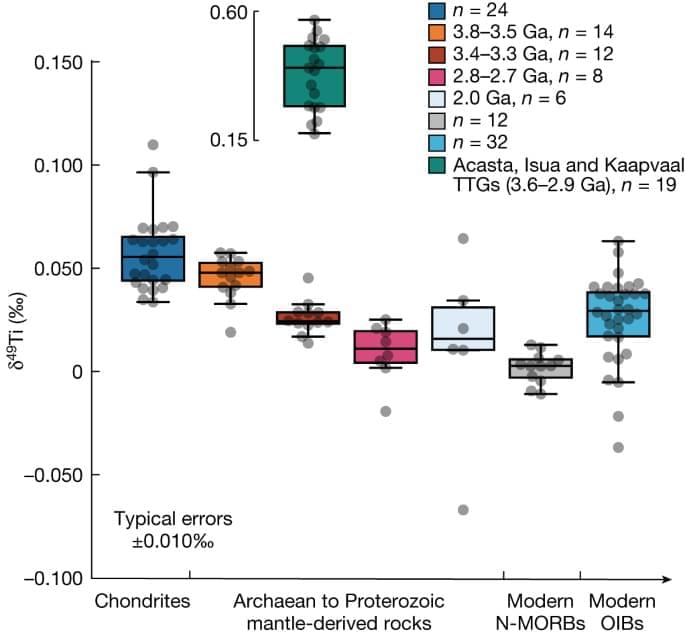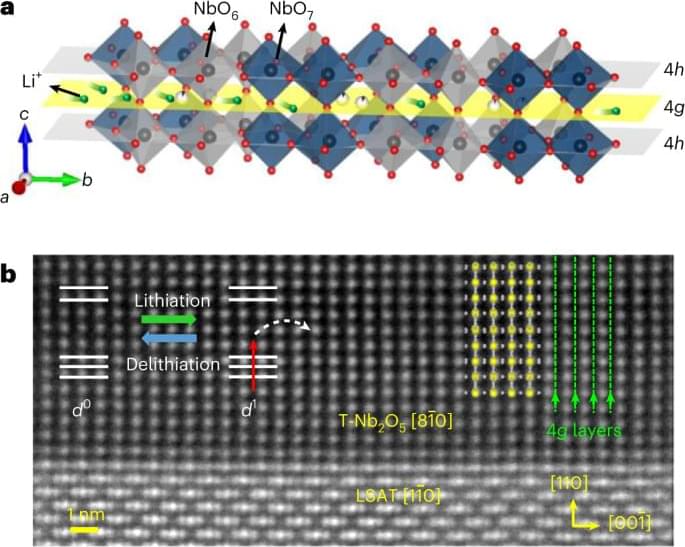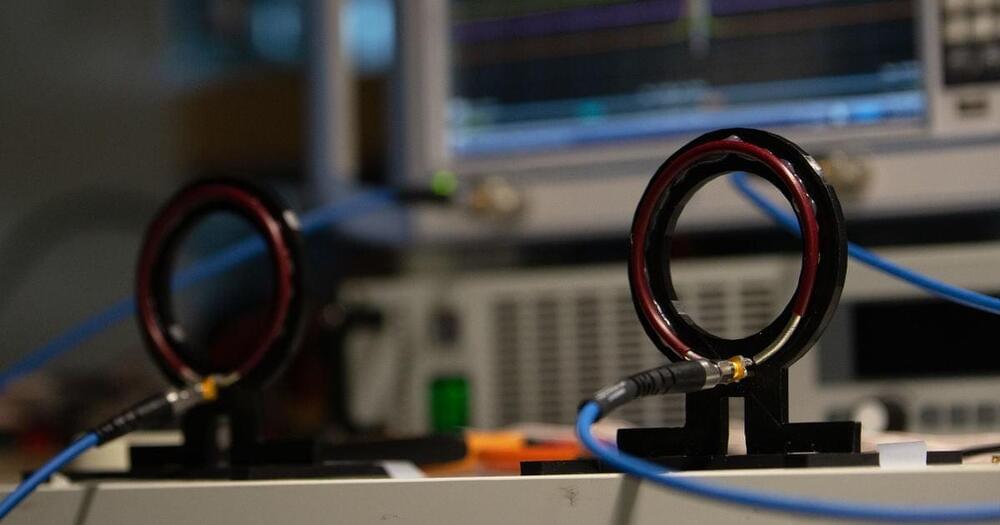Powders of samples were weighed into precleaned Savillex beakers and dissolved with mixtures of 22 M HF and 14 M HNO3 acids in a 2:1 volume ratio. The modern OIBs and four reference materials (that is, BHVO-2, BCR-2, AGV-2 and BIR-1) were digested on a hot plate at 120 °C for four days. Note that all chondrite and Archaean ultramafic/mafic rock samples were digested in Parr bomb vessels at 220 °C for three days to ensure full dissolution of refractory phases. Dissolution of the dried samples in 5–10 ml 6 M HCl at 120 °C and evaporation was carried out several times to decompose the fluorides formed from HF digestion until clear solutions were obtained. An aliquot of each sample was taken and spiked with a prepared 47 Ti–49 Ti double spike to determine in advance the Ti concentration using an iCAP RQ inductively coupled plasma mass spectrometer at the Centre for Star and Planet Formation (StarPlan) at the University of Copenhagen. Afterwards, aliquots containing 6 µg Ti were taken and mixed with a 47 Ti–49 Ti double spike as described previously in ref. 34. The dried mixtures were dissolved with 6 M HCl at 120 °C overnight to ensure sample–spike equilibration.
Titanium was separated from matrix elements following a three-step purification protocol using AG1x8 (200–400 meshes) and DGA resins34,68, that is, first to separate Fe with 6 M HCl elution on AG1x8 columns, second to remove most of the major and trace elements through 12 M HNO3 elution and to collect Ti with Milli-Q H2O on DGA columns and third to purify Ti from the remaining matrix elements with 4 M HF cleaning on AG1x8 columns. An extra DGA pass can be carried out to remove trace amounts of Ca and Cr in the final Ti cuts. To destroy the resin particles and organics from column chemistry, the Ti cuts were treated with 14 M HNO3 at 120 °C before storage in 0.5 M HNO3 + 0.01 M HF acids.
Titanium isotopic compositions of the purified samples were measured using the ThermoFisher Scientific Neoma Multicollector ICP-MS. Sample solutions with 500–800 ppb Ti dissolved in 0.5 M HNO3 + 0.01 M HF were introduced into the multicollector inductively coupled plasma source mass spectrometer by means of an APEX HF desolvating nebulizer from Elemental Scientific and a sapphire injector was used instead of the quartz-made injector to reduce the production of silicon fluorides from the use of HF solvent. An actively cooled membrane desolvation component was attached after the APEX to suppress oxide formation and to stabilize the signals, and N2 gas at a flow rate of a few ml min−1 was added to improve the sensitivity. Such a setting typically provides an intensity of around 15 V on 48 Ti+ at an uptake rate of about 50 μl min−1 for a 600-ppb Ti solution under a medium mass-resolution mode.







